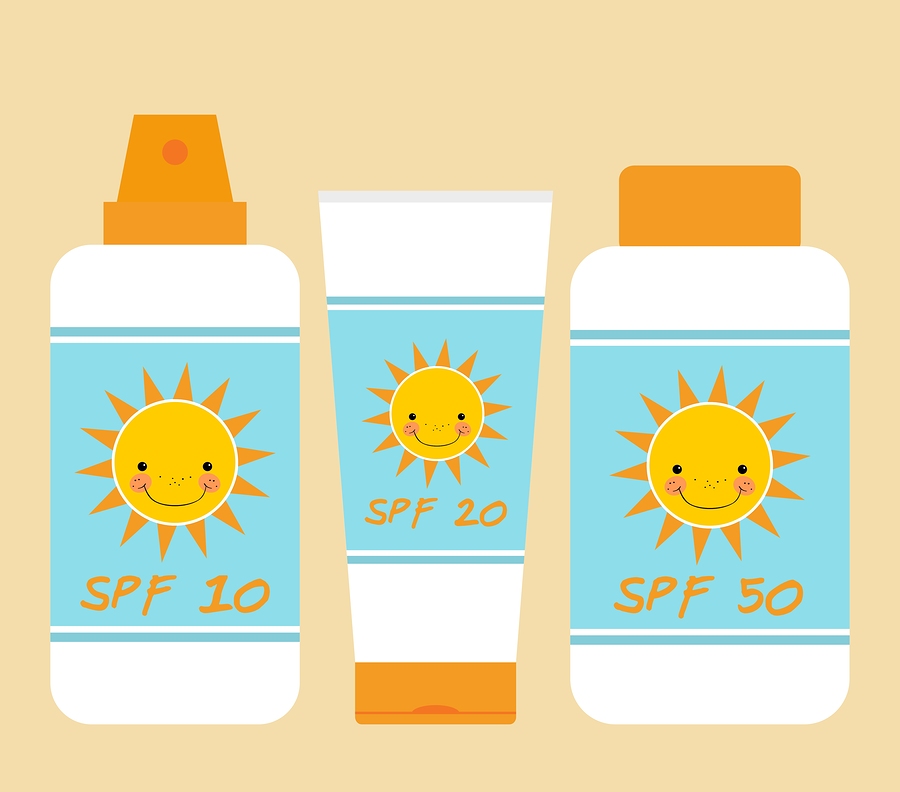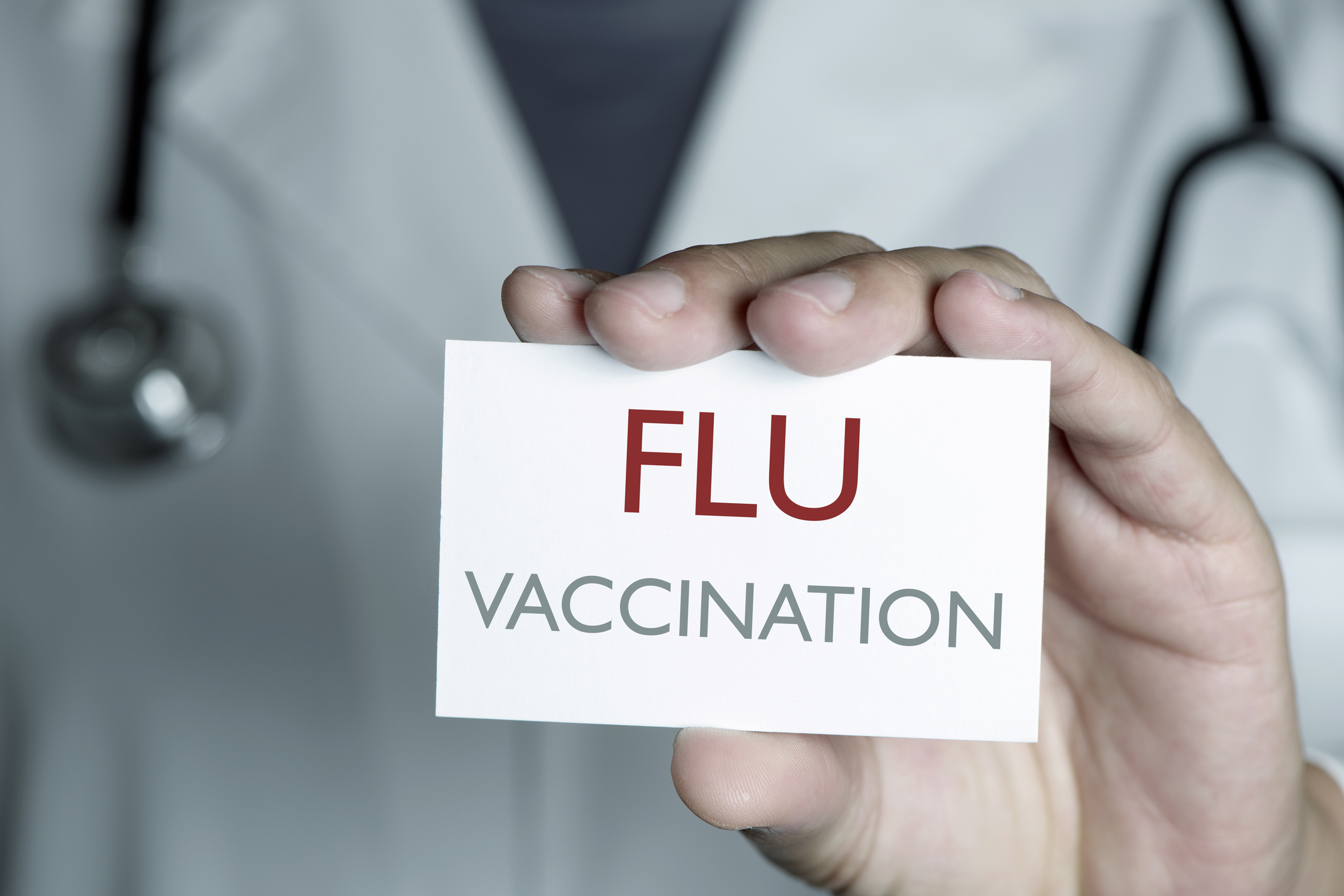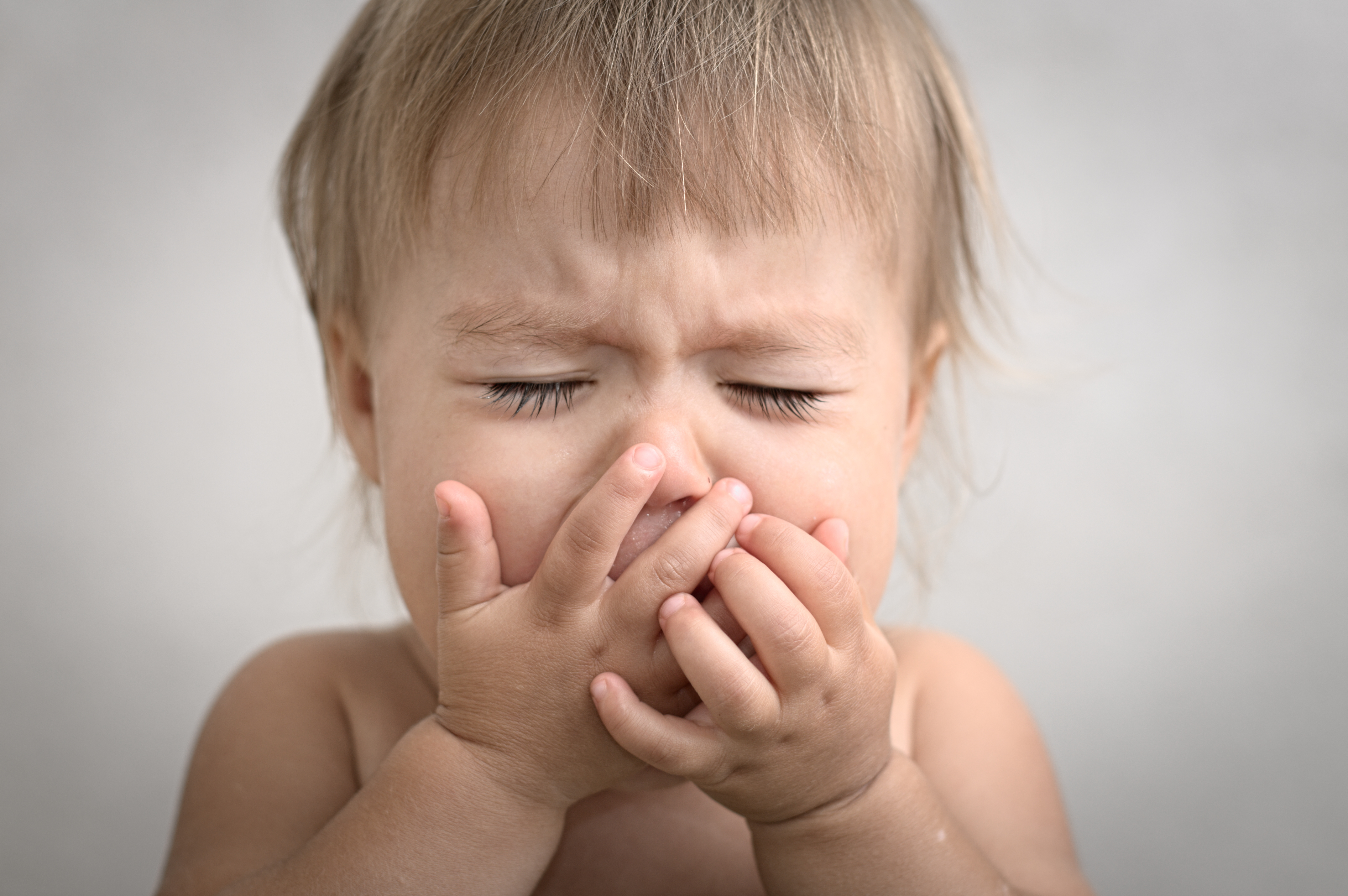Keeping our kids healthy, growing and developing well and safe are major goals for parents. We discuss their health a lot on this blog and at their doctor’s visits. Their growth and development are key points to most well visits. So, for this blog, I’d like to talk about basic safety that might get overlooked or skimmed over at otherwise busy check-up appointments.
Newborns and Toddlers
- Preventing falls: be careful with kids on beds, couches, around windows or stairs and on diaper changing tables – tumbles happen quickly and without notice – always keep a close eye and when in doubt put the baby on the floor where they can’t fall. Never use walkers with wheels as it makes for increased risk of a baby wheeling their way down a staircase or tipping over and hurting themselves.
- Childproofing: this means putting up gates, locking cabinets and removing small or easily breakable (and swallowable!) items from children’s reach. Get down on the floor at their level to see what hidden dangers you might be missing. Be especially careful with cabinets that have potential poisons that babies can get to (cleaning products, medications, soaps/detergents, pest control, etc). If you have older kids in the home, make sure they know to keep their small toys away from the younger babies and toddlers to avoid choking risks.
- Water safety: never leave a young child alone around water. This includes during bath time, in/around swimming areas (pools, lakes, retention ponds, etc), near buckets of water or any other source of collected water. Burns from hot water and drownings happen quickly and without notice. Always designate a “water watcher” to make sure an eye is kept on your little one at all times when around water. Set your water heater in your house to a max of 120°F to help prevent the likelihood of severe burns if water temps change quickly during bath time.
School Age Children
- Outdoor safety: make sure your child knows to never go anywhere without parental consent (or escort). They should know to look both ways when crossing a street and hold a responsible person’s hand when crossing. Also, remind kids of stranger safety – never get in a car or go anywhere with a stranger no matter how nice they look, if they have a cool car, or if they are offering candy – be specific with your little one and make sure they know these specific tricks that a stranger may try to engage them with.

- Recreation: helmets are a must for any sport with wheels – this includes skateboards, bikes, scooters, ATVs, etc. All it takes is one head injury to spell disaster. Please make sure your kids have appropriately sized helmets for these activities. A helmet should fit snuggly and not move when your child nods their head. Make them “cooler” by allowing your child to decorate them with puffy paint or stickers so they are more likely to want to wear them. Feel free to add in elbow and knee pads while you’re at it too!
- Bullies: make sure your child knows what to do if they or someone they know is being treated inappropriately. Designate a few people that they know to go to if they need to alert someone about these bad behaviors to help empower them to seek help in a safe and comfortable manner without delay.
- Water safety: see above! Hopefully your child has had some type of swim exposure at this point to make sure they know how to be safe around water and swim/wade in water as well as float when needed.
Tweens/Teens
- Bullies: see above! Bullying can happen at any age – make sure your child is comfortable seeking help if needed.
- Recreation: see above – helmets are still important!
- Water safety: see above! Swim safety is a must at this age – floating and being comfortable in the water should be the minimum goal to shoot for.
- Internet/phone safety: keep a close eye for these hidden dangers with parental monitoring apps and locks and discussing openly with your child internet/phone safety and expectations. Phones, tablets, computers and use of the internet is a privilege and should be treated that way. If your young adult knows these expectations from the start, safety can be more reasonably monitored. Lastly, no texting while driving! They should know this themselves and for their friends who are driving them around as well.
- Alcohol, drugs, smoking: while this seems obvious, you have to start talking to your kids EARLY so they know from the beginning the dangers of these products. There is no safe amount of alcohol for a child, no safe cigarette, and no safe drug. Engaging in these behaviors at home with an adult monitoring them is no better. Be a good role model and make sure your young adult understands the danger that comes along with these risky behaviors. Make sure they know to never get in a car with someone who has had something to drink or has done drugs. Ensure they feel comfortable always talking to you as their parent to help them out of a situation like this in case they ever accidentally find themselves in harm’s way.
- Communication: it is ever important to keep lines of communication open and honest between you and your tween/teen. If they feel comfortable talking to you as their parent, they are more likely to come to you if they get stuck in a risky situation. Make sure expectations are clearly discussed and rules are laid out and enforced. Be the person they can come talk to if they are in trouble and hopefully they’ll seek you out before things ever get bad.






